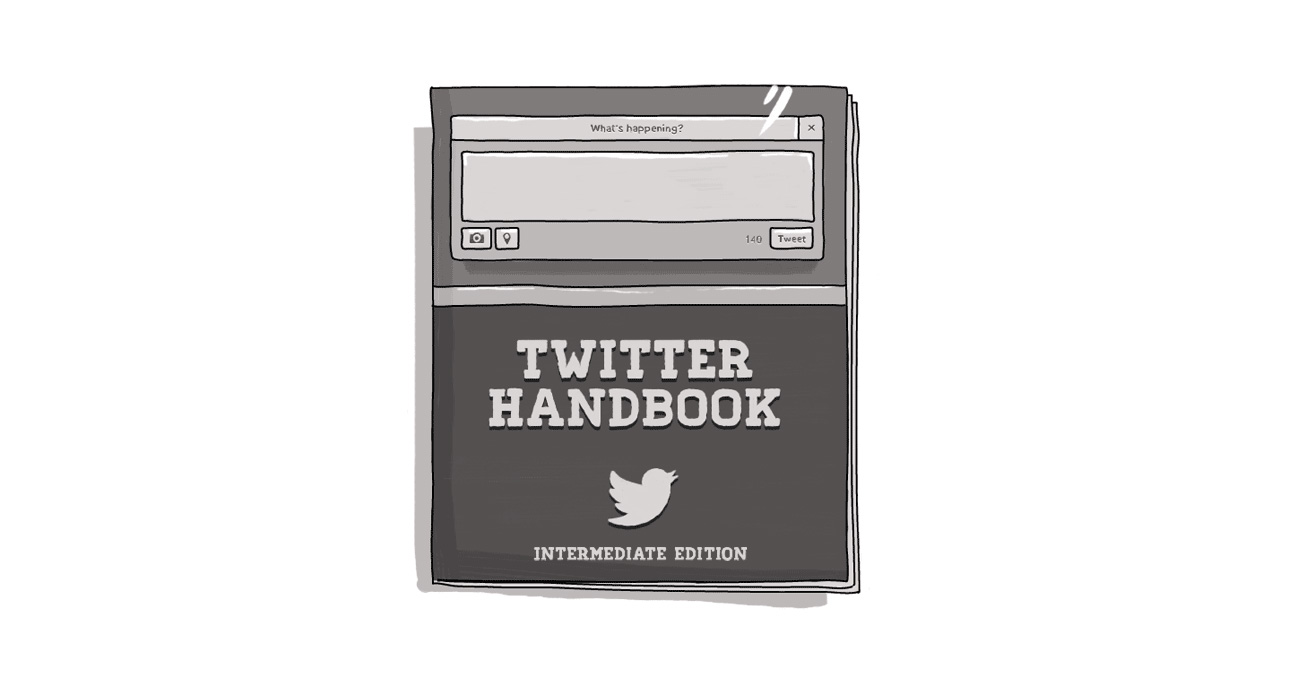DiGiorno's Twitter Carelessness a Lesson in Chasing Next

Another day, another social media faux pas by a big corporation. And DiGiorno Pizza's recent Tweet is simply another example of companies tripping over their own feet in the race to be cooler than the rest.
In the continued blurring of corporate/personal personas, the filters between what's clever or what's appropriate can get fuzzy. And while that's not what occurred here, it's another symptom of the disease of trying to be the first to be next.
While the appeal of being at the vanguard of the next social Zeitgeist can be intoxicating, it's far better to take a moment, apply some sober second thought, and think before you Tweet.
For full background on the DiGiorno saga, check out this Mashable article. And, full credit to the company, it immediately removed the Tweet, explained its actions, and took steps to apologize to everyone it offended.
But, realistically, it should never have happened.
We've seen enough hashtag hijackings over the years to know that the decision to engage in the practice has to be taken judiciously. Before you entertain the idea, you have to entertain all the potential hazards. Like Homer Simpson trying to find ways that Bart's name could be made fun of, you can't stop at the proverbial "E."
The term #WhyIStayed is innocuous enough and, given any other day and any other circumstance, the brand's flippant response would have gone unnoticed. But in light of the horrific Ray Rice video and the subsequent on-line discussion using that hashtag where women who have lived through the nightmare of domestic violence explain why they remained in certain scenarios, the mistake made by DiGiorno has been amplified.
It's easy to check a hashtag. It takes two seconds to scroll through the Tweets to see what the intent and tenor of the hashtag is. It can save a lot of heartache -- after all, I have no doubt this DiGiorno post was an accident.
But it was a preventable accident. Especially if you follow a three-C approach to Tweeting.
Check
If you're responding to a topic, fire up the Googles to make sure you have a rudimentary understanding of the issue. If you are jumping on (or creating) a hashtag, just search in Twitter to see what's there.
Consider
What value is your comment actually bringing to your company. Not you, but your company. Are you getting involved with a conversation to promote your brand to an interested demographic, or are you simply indulging your comedic ego for a quick laugh. If it's the latter, consider using a personal account for your revelry.
And this works even if you're typing out original content. Pause for a few seconds, re-read your statement, and make sure it's saying what you want to say. Forever. A momentary slip of decorum will live on for a long time on the Internet. Is what you're posting actually worth it?
Click
Only after the first two have been satisfied can you click "Tweet" or "Post" or "Send."
If it blows up in your face at that point... well, you really have only yourself to blame. In any and all business communication sober second thought should be the first priority.
Again, it's important to note that DiGiorno Pizza did everything right after it did something spectacularly wrong. This wasn't a malicious act, but one borne of carelessness. Errors happen, but it's important to learn from them and ensure steps are in place to prevent them in the future.
After all, if you think first and post second, you're going to be able to avoid the third-degree.
How do I avoid social media errors?
How could DiGiorno's #WhyIStayed error have been prevented?
What should I do before I Tweet?
SUBSCRIBE TO OUR E-NEWSLETTER
 Subscribe
Subscribe


